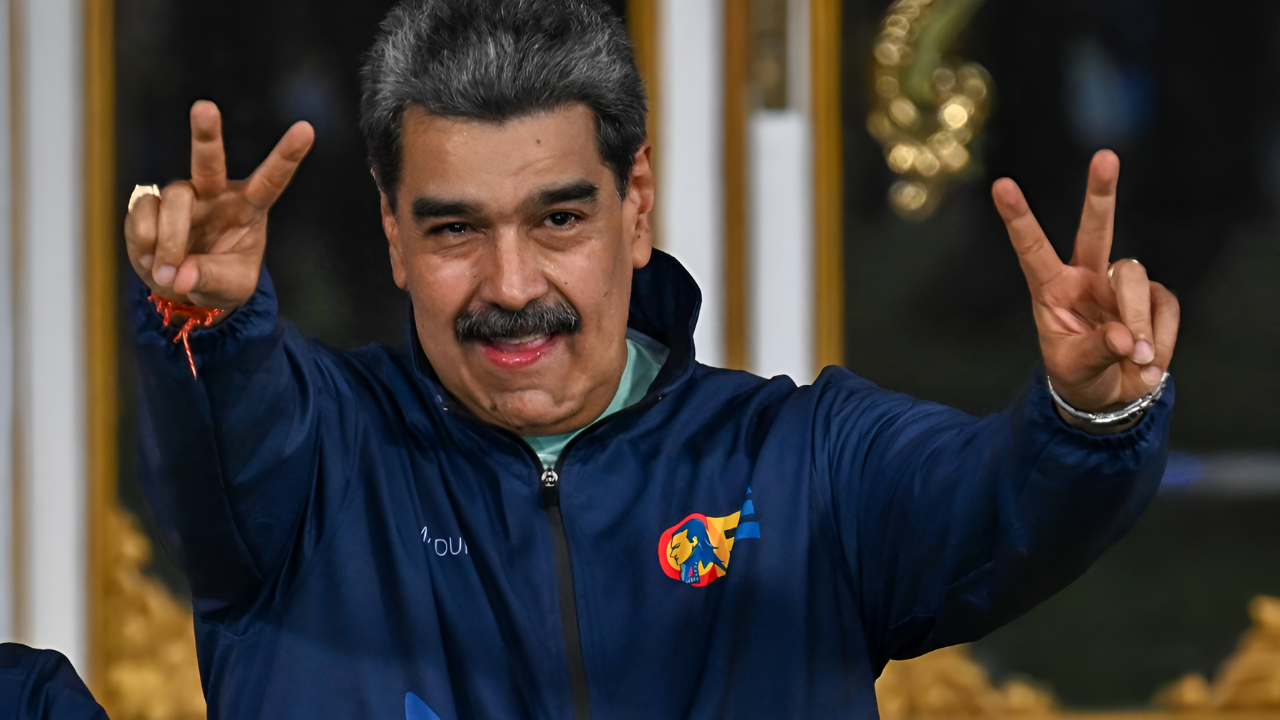
In a dramatic escalation of international pressure, the United States has placed a $50 million bounty on Venezuelan President Nicolás Maduro—the highest ever for a sitting head of state. This unprecedented move comes alongside the deployment of an American aircraft carrier and thousands of military personnel to the Caribbean, signaling a new phase in Washington’s confrontation with Venezuela’s leadership. Since September, at least 83 people have died in 21 U.S. strikes on vessels alleged to be involved in drug trafficking. Yet, experts question the very existence of the so-called “Cartel of the Suns,” the criminal network Washington claims Maduro leads, raising doubts about the true objectives behind the U.S. campaign.
The Myth and Reality of the “Cartel of the Suns”
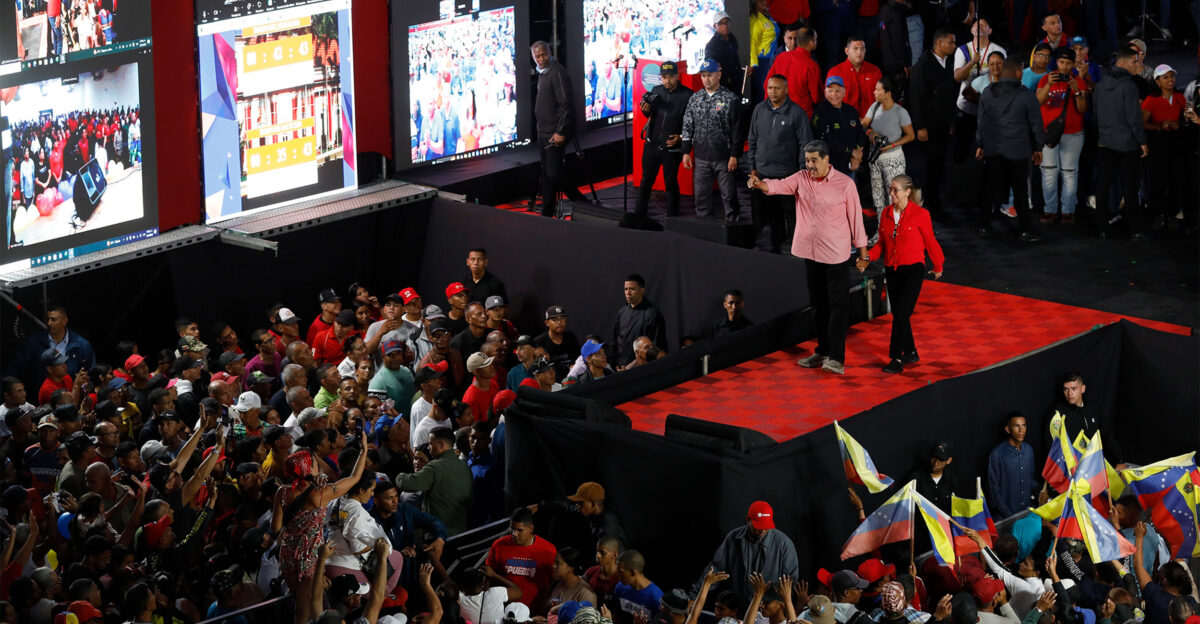
The term “Cartel de los Soles” originated in the 1990s as a satirical jab by Venezuelan journalists at military officers caught trafficking drugs—the “suns” referring to the insignia on their uniforms. Over time, the phrase evolved into a catch-all for government, military, and police officials accused of smuggling drugs, gold, and fuel through Venezuela’s state apparatus. Despite its notoriety, analysts like Adam Isaacson of the Washington Office on Latin America argue that the cartel is not a structured organization: “It is not a group. There are no regular meetings. No hierarchy.” Nevertheless, the U.S. has launched its largest Caribbean naval deployment in six decades to target an entity that, by most accounts, lacks formal structure or membership.
Venezuela as a “Hybrid Criminal State”
Jeremy McDermott, co-director of InSight Crime, offers a different perspective: the “Cartel of the Suns” is less a cartel and more a system of corruption. In this arrangement, military elites are allowed to traffic drugs and smuggle contraband in exchange for their loyalty to Maduro, who relies on their support to maintain power. This blurring of lines between state and organized crime has led experts to describe Venezuela as a “hybrid criminal governance” state, where the government and illicit networks are deeply intertwined.
U.S. Charges, Bounties, and Terror Designations
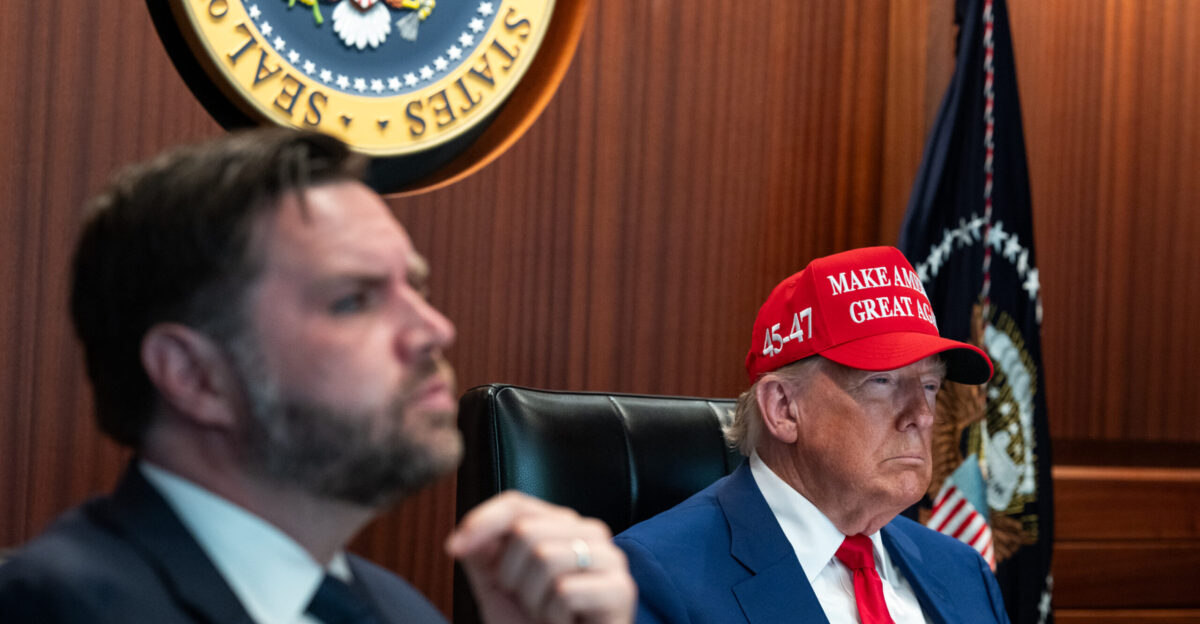
The U.S. campaign intensified in March 2020, when the Justice Department indicted Maduro and 14 other Venezuelan officials on narco-terrorism charges, accusing them of conspiring with Colombian rebels to “flood the United States with cocaine.” Prosecutors estimated that 200 to 250 metric tons of cocaine pass through Venezuela each year. In August 2025, the U.S. doubled the bounty on Maduro to $50 million and announced the seizure of $700 million in assets linked to him, including private jets and nearly seven tons of cocaine. A separate $25 million reward targets Interior Minister Diosdado Cabello.
In a historic shift, the U.S. also designated eight Latin American criminal organizations—including Mexico’s Sinaloa and Jalisco cartels, and Venezuela’s Tren de Aragua—as foreign terrorist organizations. This move erased the legal distinction between organized crime and terrorism, placing these groups in the same category as ISIS and al-Qaeda. By July 2025, the U.S. Treasury labeled the Cartel de los Soles a “Specially Designated Global Terrorist” entity, alleging that Maduro’s government had weaponized state institutions for trafficking and provided support to other criminal organizations.
Military Escalation and Regional Tensions
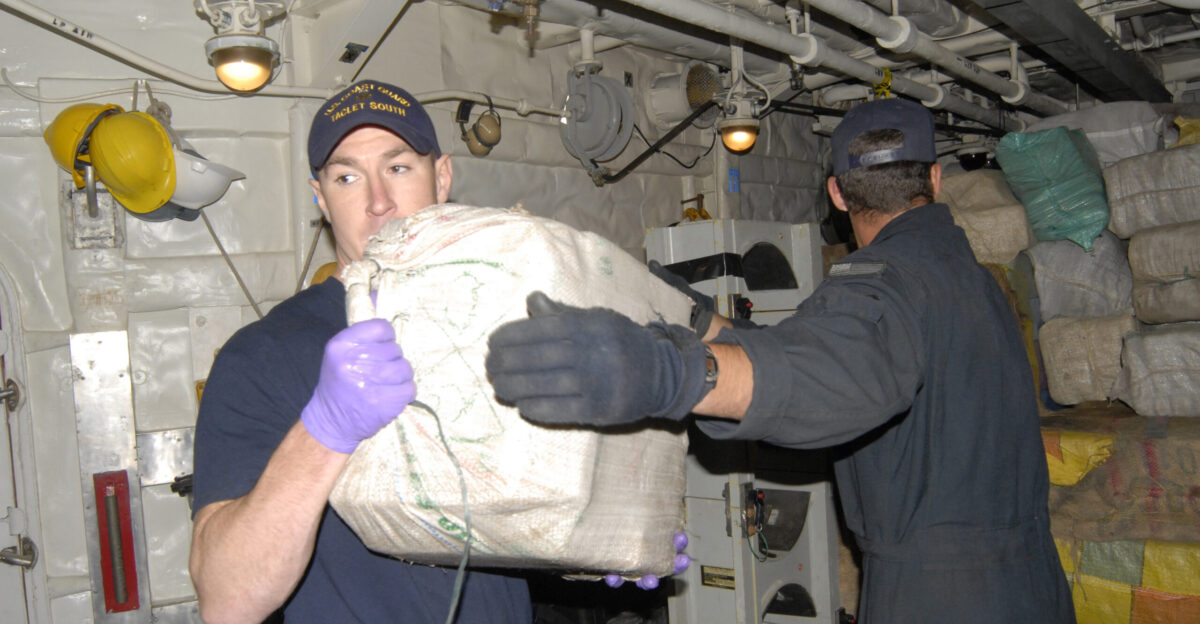
The arrival of the USS Gerald R. Ford in the Caribbean in November 2025 marked the largest U.S. naval presence in the region since the Cuban Missile Crisis. With 4,000 sailors, advanced fighter jets, and supporting warships, the deployment signaled a readiness for further action. Top U.S. military leaders, including the Chairman of the Joint Chiefs of Staff, visited regional allies, underscoring the seriousness of the operation. Since September, U.S. forces have conducted at least 21 strikes on suspected drug boats, resulting in dozens of deaths. While the Trump administration insists these were legitimate counter-narcotics operations, it has not released classified evidence to substantiate the claims.
Venezuela’s government has denounced the terror designation as a “ridiculous fabrication,” accusing Washington of manufacturing pretexts for intervention, as seen in past U.S. actions in Latin America. Maduro points to U.S. data showing that Venezuela is a minor transit country for cocaine compared to Guatemala or Colombia, questioning the disproportionate military focus on his country.
Election Dispute and Uncertain Future
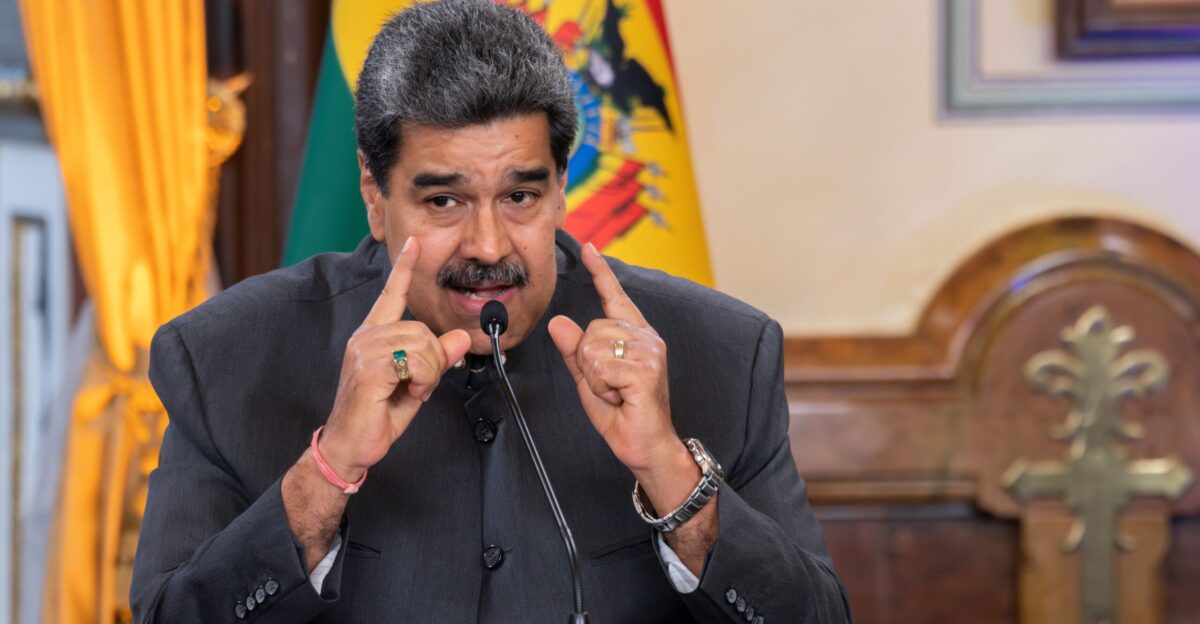
The backdrop to this confrontation is Venezuela’s disputed 2024 presidential election. Official results declared Maduro the winner with 51 percent of the vote, but opposition figures and independent analyses suggest their candidate, Edmundo González, actually won by a wide margin. The U.S. has refused to recognize Maduro’s victory, with senior officials labeling his government a “narco-trafficking organization masquerading as a state” and insisting his rule is “not sustainable.”
Despite the terror designation, legal experts caution that it does not authorize military force under international law, which only permits such action in response to an armed attack. Many observers see the U.S. buildup as a show of force aimed at pressuring Maduro rather than a straightforward anti-drug operation.
As intelligence reports indicate growing anxiety within Maduro’s inner circle, the Trump administration weighs its next steps—ranging from further military action to covert operations or negotiations. With the world’s largest bounty on his head and U.S. warships dominating the Caribbean, Maduro’s fate and Venezuela’s future hang in the balance.
Sources:
U.S. State Department bounty announcement Aug 2025
DOJ narco-terrorism indictment Mar 2020
Treasury OFAC terrorist designation Jul 2025
U.S. Navy deployment statements Nov 2025
SOUTHCOM strike reports Sep–Nov 2025
Washington Office on Latin America (WOLA) analysis
InSight Crime hybrid governance report
Cardozo Law School legal analysis
Washington Post election data analysis 2024
State Dept International Narcotics Control Strategy Report
Venezuela Foreign Ministry statements Nov 2025
Reuters/AP/BBC strike reporting Sep 2025
CNN military deployment coverage Nov 2025
Al Jazeera cartel designation explainer Nov 2025